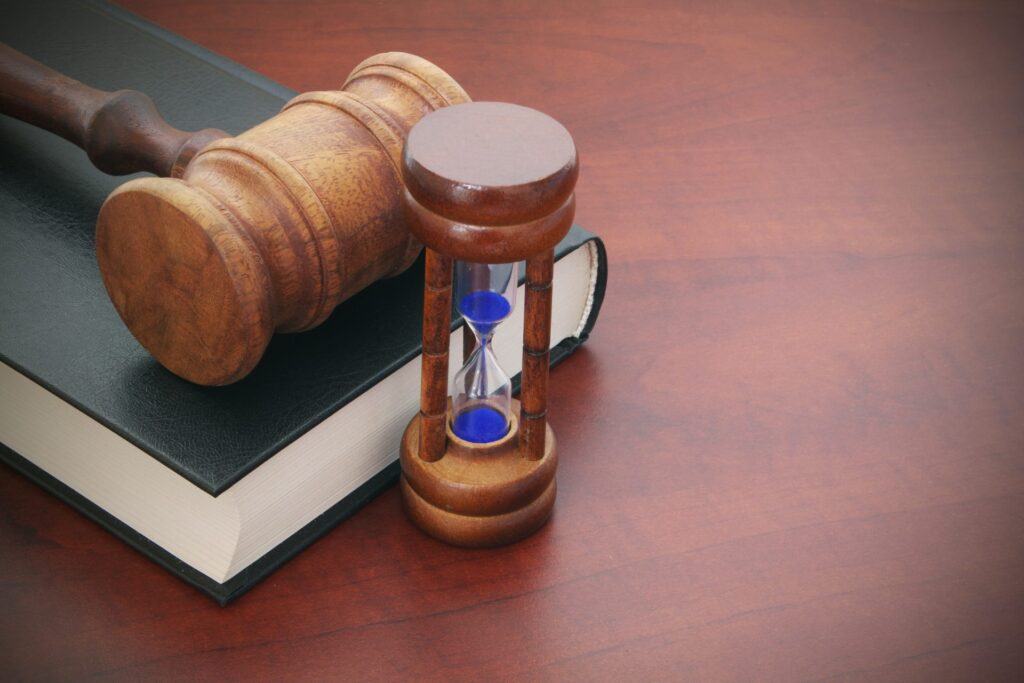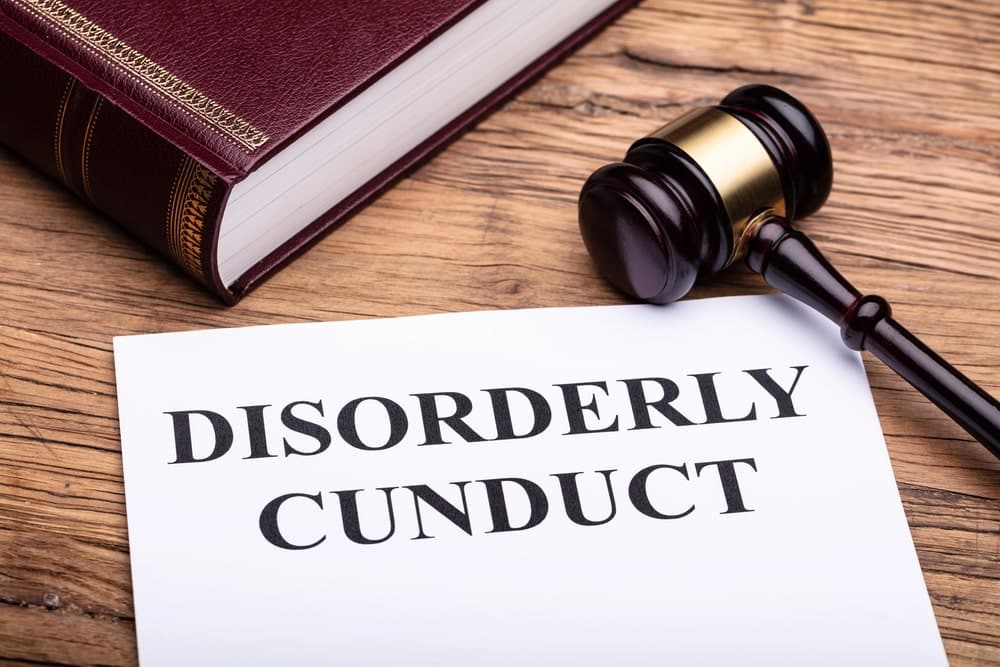There are numerous ways to commit property crime. Among them are theft, arson, burglary, and larceny. All of these actions harm someone else’s property, by either damaging it, destroying it, or taking it for yourself so they can’t use it.
Call 207-571-8146 or contact us online to schedule a consult with one of our highly skilled criminal defense & OUI lawyers, serving Southern Maine, today.
Table of Contents
What is “Criminal Mischief” in Maine?
Another type of property crime is criminal mischief, often referred to in Maine as vandalism. The most important part of Maine’s criminal mischief law states:
“A person is guilty of criminal mischief if that person intentionally, knowingly, or recklessly damages or destroys the property of another, having no reasonable grounds to believe that the person has a right to do so; damages or destroys property to enable any person to collect insurance proceeds for the loss caused; or tampers with the property of another, having no reasonable grounds to believe that the person has the right to do so, and thereby impairs the use of that property.”
There are several important elements to this law that can impact the outcome of a case. An experienced criminal defense attorney can help you understand each of these factors.
What are the Penalties for Criminal Mischief in Maine?
If you do end up getting convicted for criminal mischief, the potential penalties on the table include jail time and fines. For general criminal mischief, a Class D misdemeanor, the penalty is up to 364 days in jail and up to $2,000 in fines. On top of the amount in fines, you could also deal with a motion to give the property owner restitution for the damages that were caused. The amount of money you would owe would depend on how bad the damage was.
If the damage or destruction of property amounts to over $2,000, however, the criminal mischief charge turns into a charge for aggravated criminal mischief. This is a Class C felony charge and comes with up to 5 years in prison, as well as up to $5,000 in fines. On top of this, there is still the potential for paying restitution to the owner of the property.
What Does ‘State of Mind’ Mean Regarding Criminal Mischief?
Notice that Maine’s criminal mischief law prohibits damaging or destroying someone else’s property “intentionally, knowingly or recklessly.” This means several things.
First, it means that, in order to be prosecuted and convicted for criminal mischief, the district attorney has to get inside your head, and show that you had a “culpable state of mind ” when you did whatever it was that you were charged for. Reading minds is not easy. Often, you have to look for outward signs to try to piece together what was going on in someone else’s mind. Prosecutors often have trouble looking for those outward signs. As a result, having to show that you had a “culpable state of mind” in order to convict you for criminal mischief is one of the biggest stumbling blocks that prosecutors have to overcome. A good criminal defense attorney can turn those stumbling blocks into hurdles, and then turn those hurdles into mountains.
Secondly, there are a lot of “or”s in that listing. This means that the prosecutor can manage to convict you for criminal mischief by showing any one of the following to someone else’s property:
- You intentionally damaged or destroyed it,
- You knowingly damaged or destroyed it, or
- You recklessly damaged or destroyed it.
While this might make it slightly easier for a prosecutor to show that you had the required “culpable state of mind” for a conviction, it still requires the prosecutor to do the work and cover his or her bases. Whenever a prosecutor has the burden of proving something, like a culpable state of mind, criminal defense attorneys are given the opportunity to dismantle their case.
Call 207-571-8146 or contact us online to schedule a consult with one of our highly skilled criminal defense & OUI lawyers, serving Southern Maine, today.
What does ‘Reasonable Right to Do So’ Mean?
Maine’s criminal mischief law requires that you could not have had a reasonable ground to believe that you had a right to damage or destroy the property at issue. This presents the prosecutor with another hurdle to overcome, in order to convict you for the crime, and your defense attorney with another opportunity to show your innocence.
There are numerous situations where you would have reasonable grounds for believing that you had a right to damage or destroy the property. For example, if you were under the impression that the property was actually yours to damage or destroy. Or if you were given permission by the owner to ruin it. A home renovator cannot hire a wrecking crew to do some demo work, and then call the cops and have them all arrested for criminal mischief.
What does ‘Impaired Use of Property’ Mean?
Still another requirement that prosecutors have to meet, in order to get a conviction for criminal mischief, is that the damage to the property impaired its use in some way. This rendition of the “no harm, no foul,” rule is another gold mine for defense attorneys, who often use it to nullify charges pressed by prosecutors who are trying to get the law to reach people who did nothing wrong.
Call 207-571-8146 or contact us online to schedule a consult with one of our highly skilled criminal defense & OUI lawyers, serving Southern Maine, today.
When is “Criminal Mischief” Applied to Charges in Maine?
There are also other, less common, ways that you can get arrested and charged for criminal mischief. Damaging or tampering the property of a public entity, or a pseudo-public entity, can result in criminal mischief charges. These entities include the property of:
- Law enforcement,
- The fire department, or
- A utility provider, such as water, electric, or phone company.
Lastly, and perhaps least common, you could even face criminal mischief charges for simply driving a sufficiently hard object into a tree or sawlog, without the permission of the owner. If you do this with the intent to inconvenience someone, you could be charged for committing criminal mischief. Maine does love its logging companies.
Contact Our Criminal Mischief Defense Lawyers in Maine
If you’re facing criminal mischief charges, William T. Bly is the criminal defense attorney that can prevent your mischief charges from becoming a conviction. Call The Maine Criminal Defense Group directly at (207) 571-8146 or contact us online today to learn more.
Call 207-571-8146 or contact us online to schedule a consult with one of our highly skilled criminal defense & OUI lawyers, serving Southern Maine, today.
Blog Posts

A criminal conviction usually appears on criminal records for life in Maine, potentially impacting the individual’s employment, education, travel, housing, immigration status, and more. However, certain low-level misdemeanor convictions can[...]

The legal term for sentencing a convicted criminal is not required to serve is called a suspended sentence. A suspended sentence is handed down during the sentencing portion following a[...]

If you receive a traffic ticket in Maine, you may be facing far more than demerit points or an administrative penalty. You could be facing criminal sanctions and a permanent[...]

In Maine, disorderly conduct laws effectively make disturbing the peace a criminal offense. While disorderly conduct is considered one of the least serious offenses under Maine’s Criminal Statutes, it can[...]

Any criminal charge for a drug-related offense is a serious matter in Maine,but how consequential the outcomes can get may depend on whether the charge is filed at the state[...]


Self-defense laws in the U.S. are complex, vary from state to state, and are often misunderstood. “Stand your ground” laws allow an individual to use deadly force in self-defense in[...]

Every day in Maine, people are charged with crimes that they did and did not do. Fortunately, in the U.S., we have a justice system that says you’re innocent until[...]

Expungement is the practice of legally erasing or striking out documents or information relevant to criminal charges. It’s not possible to expunge a criminal record in Maine. However, other avenues[...]

If you have been arrested or are under investigation for a crime in Maine, it is crucial to retain the services of a competent and experienced criminal lawyer. A criminal[...]


